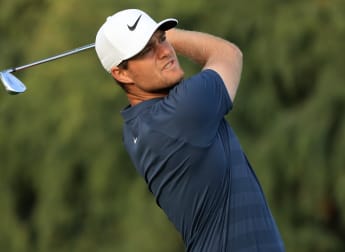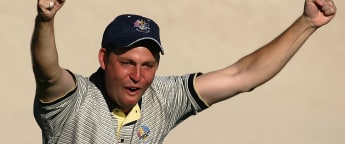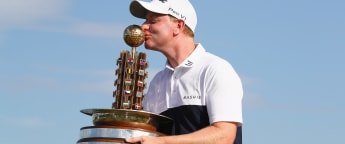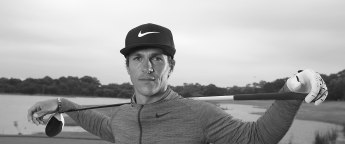Two weeks after winning his first Tour title in Sweden, England's Paul Waring writes this week's Player Blog discussing the difference between the perception and reality of winning on Tour.
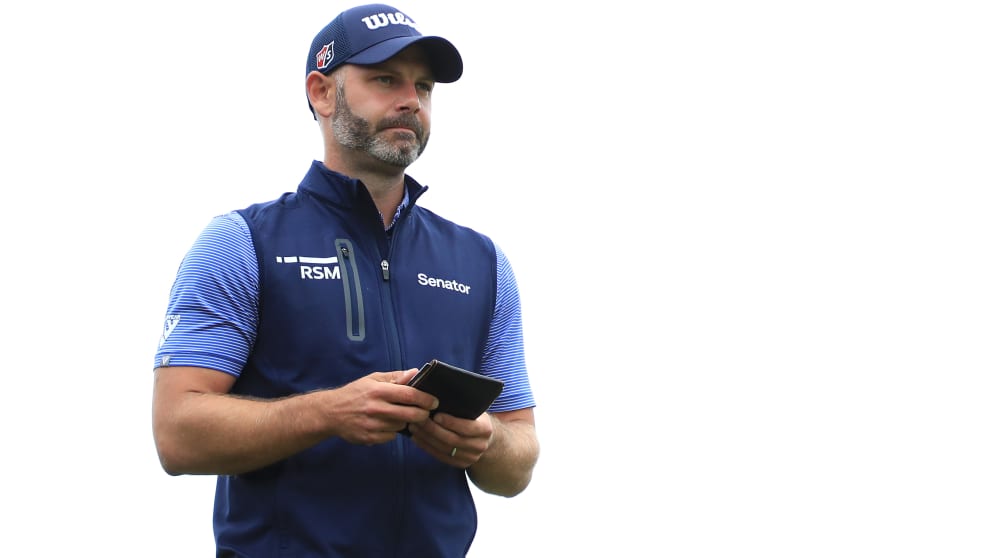
When you’re young, winning looks fun. It looks easy and the celebrations look amazing. The truth is, winning is bloody hard. Like really hard. It’s painful, stressful, tiring but ultimately completely worth it.
I didn’t realise how hard winning would be. To have to keep your emotions in check and hit quality shot after quality shot, with that amount of pressure on you.
As a junior and an amateur, winning actually came quite easy. I loved winning. I like the thought of getting the medal or trophy at the end of the day and taking it back home. It drove me massively. Didn’t matter if it was golf or rugby, or a game of football with mates, I associated sport with winning and the two came hand-in-hand in my mind.
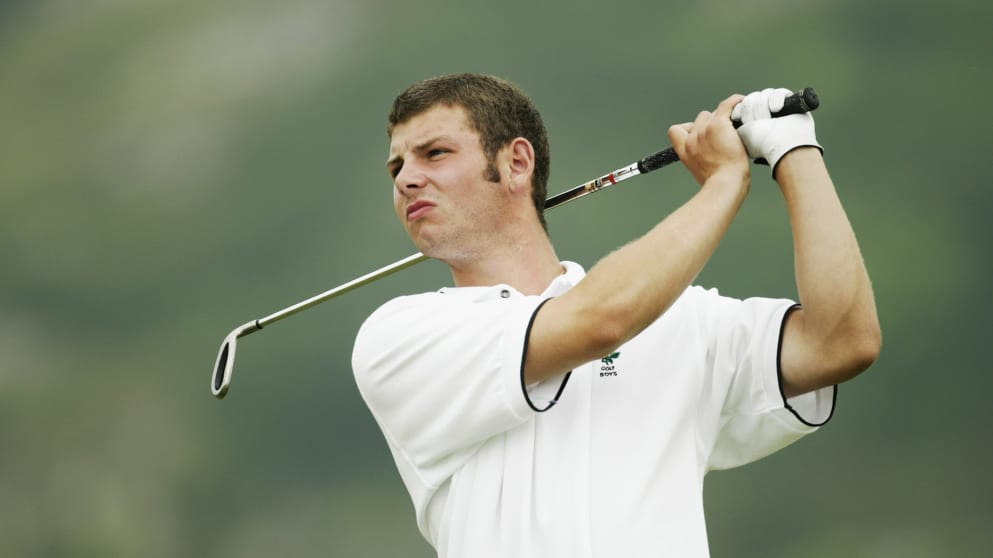
I played a lot of local tournaments and did well, I won the English Amateur in 2005 and captained the English and GB&I teams when I was junior. I won the chance to play in The Open at Carnoustie in 2007 and results and successes seemed to come with each level I played. That’s the thing about golf and sport though, you grow up playing and the strength of who you’re playing against grows at every level. To begin with you are competing with kids in your area, then maybe your country, then internationally. Each level is a huge step up and whilst you might have won locally, it becomes tougher and tougher as you climb the ladder.
I turned pro in 2007, the week after playing in The Open, and got a few invites to play in Challenge Tour events. I remember the first week, I flew to Norway and played pretty well and finished in the top 25. The following week I went to Germany and lost in a play-off. I remember feeling pretty comfortable with the idea of winning that week. It was quickly after I had won as an amateur and those feelings of being in contention were fresh. My most recent memories of dealing with pressure were good and I felt relatively comfortable that week. I made a triple bogey on my second hole on Sunday and that could have derailed things a little but I just kept plugging away and ended up birdieing three of the last four holes to get into the play-off. Playing like that, under pressure, felt quite normal then though. I didn’t see it as a big deal as I thought I was going to win at some point. I was playing well. Little did I know!
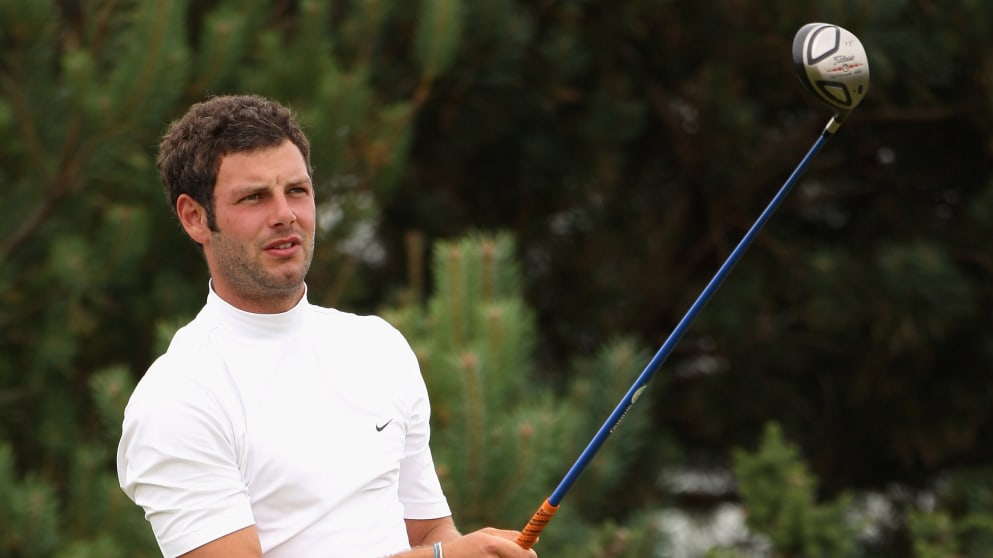
The one thing I took away from that week was my approach to the play-off itself. I played far too aggressive. I think I was trying to win it quickly and immediately and didn’t play the situation. I blew my shot that week because I was too bold off the tee. Just like winning, sometimes in how you play you need to be patient and trust the process. Don’t force the issue or do things differently to how you normally would.
I first got my European Tour card at the end of 2007. I flew to South Africa in the New Year and played the South African Open and the Joburg Open. In Joburg, I actually got into the lead on the Saturday and at 22 years old I got paired with Darren Clarke on the Sunday. It was a massive “pinch me” moment for me. It felt very different to Sundays prior to that. Just a year earlier I would have been playing on the weekend with mates or at my home club, now I’m in South Africa, in contention on the European Tour, playing with Darren Clarke in the final round. Luckily for me, he’s a Liverpool FC fan like I am and I think we just chatted about that for most of the way around. I didn’t win but I finished in the top ten and it was important for me that I had a positive experience in contention for the first time.
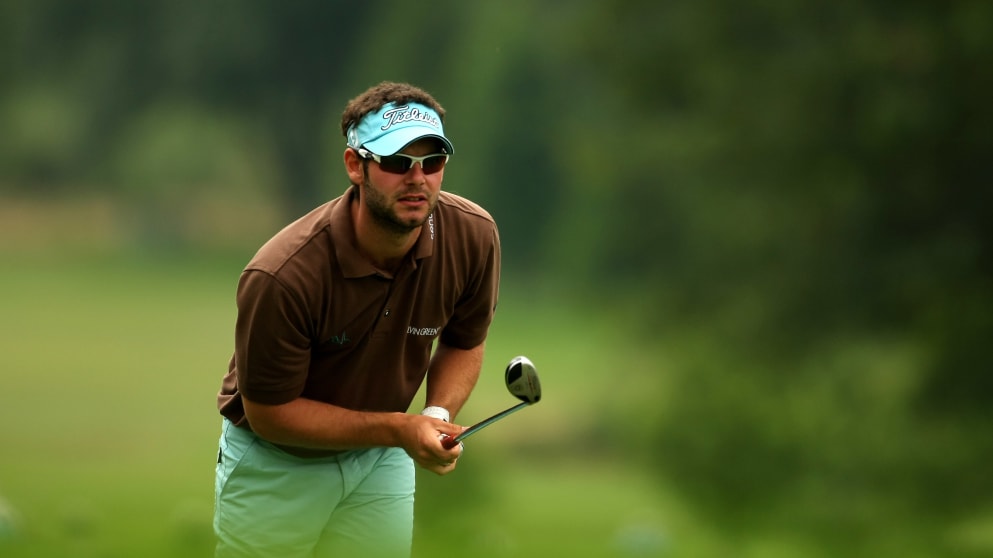
One that makes winning even more difficult is injuries. Especially the timing of the injuries I’ve had. Two years into my life on Tour I developed a wrist injury that has recurred throughout my career. I went from teeing it up at Wentworth in 2011 to having to retire from that round and ended up missing over a year of events. All of sudden from feeling like an energetic young lad on Tour, I immediately felt quite frail and for a time everything was taken away from me. I couldn’t play and had to take time to get better.
It was a long road back and extremely frustrating. I was 26 years old and should be in the peak of my health and my career and yet I was having to rest and recover from treatment on my wrist. I couldn’t hit balls, I couldn’t really practice and that took its toll on me.
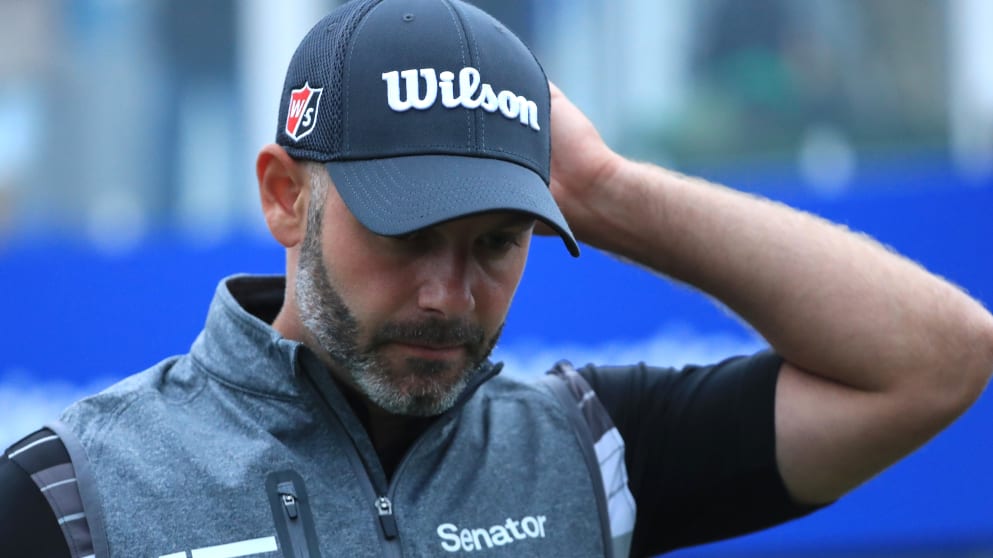
But I battled backand my first event in 2012 was the Irish Open and funnily enough I got myself into contention again. I think I shot 65 on Friday and was two back heading into the weekend. I played well and finished in the top ten and once again got that feeling, surely I’d win soon. I was healthy again. I was playing well. Just keep doing what I was doing and a win would come.
Well, it didn’t...
I played well enough in 2013 and 2014but never really mounted a charge that got me close to winning. It was a frustrating time. Then, in 2015, it all changed again.
I was in China and I had been having some pain in my left shoulder and that week it just went. I knew right away it wasn’t good. I got it checked out that week and got sent back to the UK to get tests. The conclusion was blunt and simple: surgery and then time off. I was gutted.
I remember taking the sling off my arm for the first time, six weeks after the surgery, and I couldn’t even lift my arm. It was a scary time. I know I was doing the right thing but I wasn’t sure if I’d ever play on Tour again. Never mind winning, I wasn’t sure I’d even play golf again.
After a lot of hard work and even more patience, I made it back to Tour late in 2016. I got a couple of starts to get my feet under me again and then played all of 2017, relatively pain-free. I made it to Dubai and the DP World Tour Championship for the first time and that was a real goal of mine then. It wasn’t a win but to me it was a success. I had proved to myself that I was among the best players on the European Tour and I had what it took to compete again.
The next goal after that was a win.
Coming into 2018, that was the aim. Win a title. I felt fit, I felt I was playing well and I was desperate to get a win. The first chance came in Oman in February. I shot seven under on Thursday and led after 18 holes. I shot 71 in tricky conditions on Friday and was in the penultimate group on Saturday. After months, if not years, of working hard to get back out on Tour, I had a late tee time on the weekend and was in the hunt.
I shot 81. Eighty one!
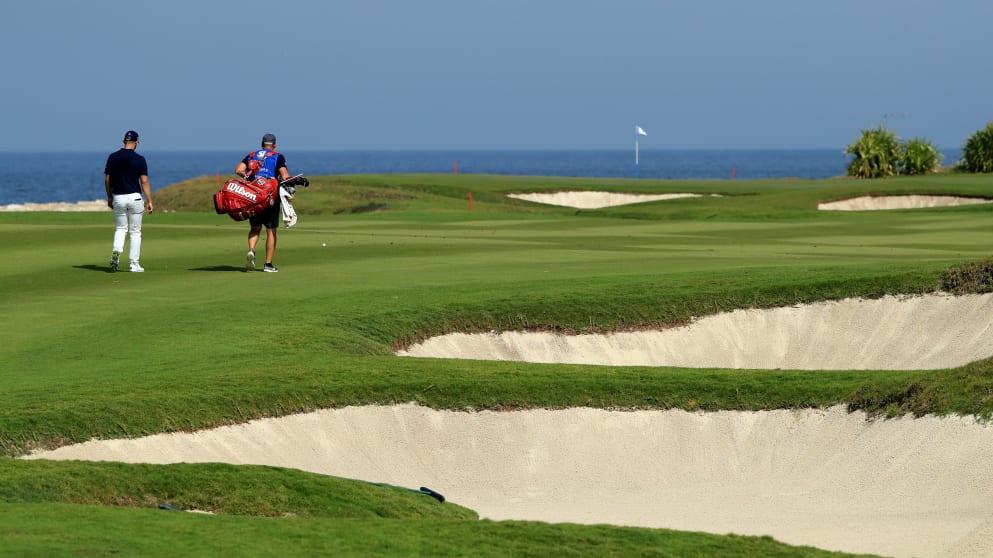
It was everything I had told myself I wouldn’t do in that position. I forced things, I tried too hard, I didn’t leave bad shots behind me, I got in my own way and played terribly. It took me back to that play-off in 2007. I was trying to win it on every shot and just lost all the composure that had gotten me into that position. It was probably one of the most frustrating days and rounds of my career.
The worst thing about it was, it wasn’t a one-off. I did the same thing another two or three times. I shot 77 on Saturday at Wentworth, 77 on Saturday in Ireland and kept letting myself down on the weekend. I would make the cut and then try and accelerate or force the issue and it led to bad habits and some pretty horrific scores. I needed a break and after missing the cut in Scotland I took four weeks off. I knew I was playing well but I was getting in my own way and needed time to take a break from the game and come back ready to focus and do what I needed to do to win.
The next event was the Nordea Mastersand I remember arriving feeling free. I had no real expectation or scar-tissue from a previous week. I was refreshed and ready. I spent the week before with my coach Graham Walker. We sat down and had a very honest chat about my game and my swing. The year hadn’t gone how we wanted and we had previously discussed changing something in my swing and that week we decided it was time. It was small change but it made a massive difference. Firstly, it gave me a real focus in what I was doing and gave me something to work on throughout the week. Secondly, it allowed me to accept bad shots as I knew it was a process of getting better and it might take a few rounds to feel comfortable.
That was a huge factor in Sweden.
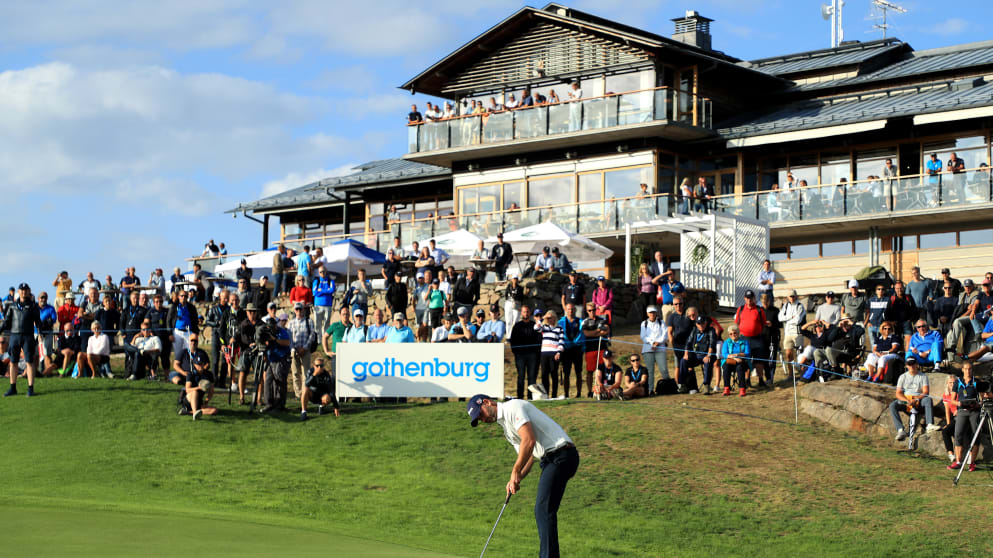
I spent Tuesday and Wednesday just working on this new swing thought. Usually I’d be out on the course or testing myself on Trackman on the range but instead I was just working my way through a new feeling in my swing. It wasn’t always perfect but it was occupying my mind and giving me a real focus to what I was doing.
By the time the tournament came around, things just felt free. It wasn’t that I was flushing it or swinging far better but the change had freed me up mentally. On Thursday I was almost sleep-walking on the course, I just felt really relaxed. I started with three birdies and everything just seemed to be going right. I bogeyed two of my three holes but it didn’t matter. Where I would have been angry at that before, I was really chuffed with how I’d played and how the changes were working themselves out. I shot 63 on Friday and bang, I was in the lead.
It’s funny but in order to win I felt like I had to not think, or concentrate, on winning. I had to commit to the changes and accept what they brought. It was so different to how I had dealt with those moments in the past.
On Saturday, I didn’t for a minute think about third rounds that I had earlier in the year. Conditions were difficult and I just kept doing what I had been doing all week. It wasn’t great but it was solid and I finished with a 69 that put me tied for the lead heading into Sunday.
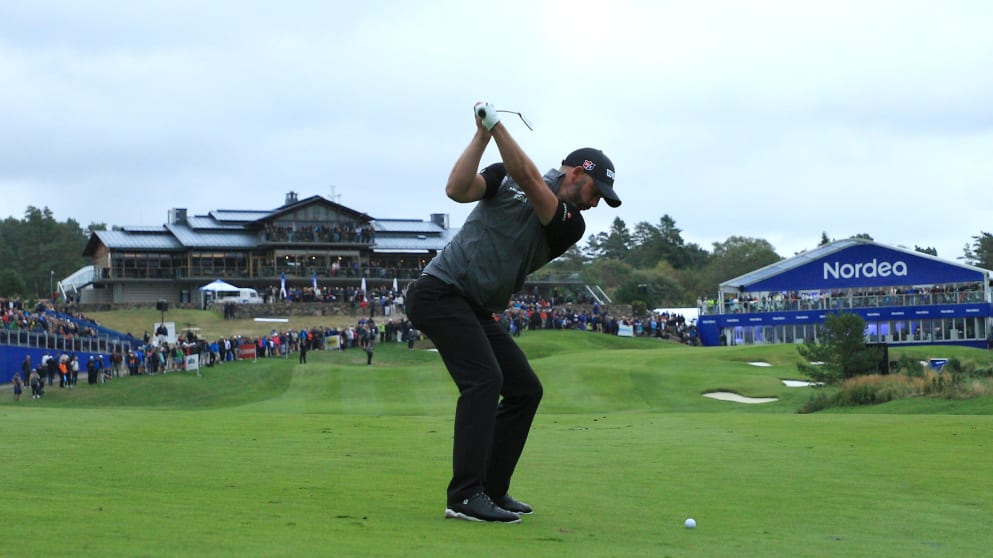
I knew what was on the line. 11 years I had been on Tour and never won. I was tied with Thomas Aiken, three clear of the rest of the field. If I didn’t force it, I might finally have a trophy to take home.
On the first hole, Thomas rolled in a 20 foot putt for birdie. I knew he was going to be tough to beat, he’s won around the world and been in this position dozens of times and there, on the first green, was all the proof I needed. However, it didn’t faze me. On the second green, I holed from 25 feet to tie him again. That wouldn’t have happened in the past, I would have reacted to his birdie by “trying” to birdie the next. This time, I just stuck to the process and it happened.
Every round has it’s turning pointsor crucial moment and for me it came on the 11th. I had birdied the short 10th hole and then it started to rain. I had a little water on my clubface and lost my tee shot to the right. I couldn’t get to the green and by the time I did, I had about 15 feet for a par with Thomas inside me for a birdie. I was staring down a two-shot swing and losing a grip on the lead. Moments later I had holed my putt for par and Thomas missed his birdie putt. It wasn’t a birdie but it felt like it and gave me the boost I needed on the back nine.
Seven holes later I found myself in a play-offand was headed back to the 18th hole with Thomas to decide the tournament. Another play-off. Another chance to win. I was determined to make this different from the other play-offs. I was determined to be patient.
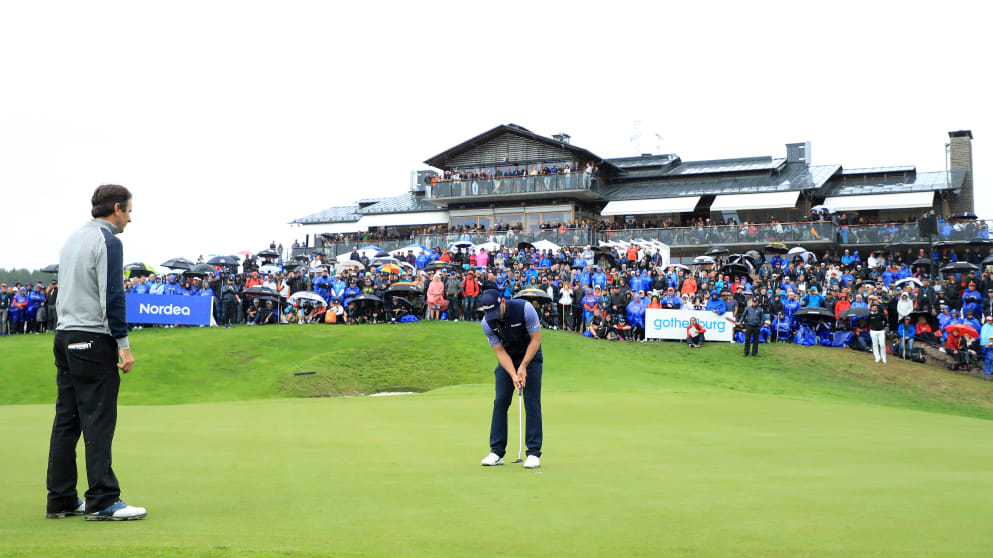
Thomas got himself into a little trouble in the play-off and whilst I didn’t hit great shots, I was patient and played the hole and situation perfectly. Thomas missed his chance for a par and suddenly I was standing over a 18 inch putt to win. Yes, win. After all the injuries and all the close calls, I had played sensibly down the hole and had a tap-in to become a European Tour winner. I didn’t let myself think about it too much and tapped it in.
The overwhelming feeling was relief.
It had been a long, long day.It had been a long week. It had been a long 11 years on Tour. It all came together with that 18-inch putt. It wasn’t just for me either. There are so many people that have helped me, at home and on Tour. Through all the years, through all the injuries, through all the swing changes, there’s a lot of people that have contributed to that moment and I think that weighed heavily on me as I walked off the green.
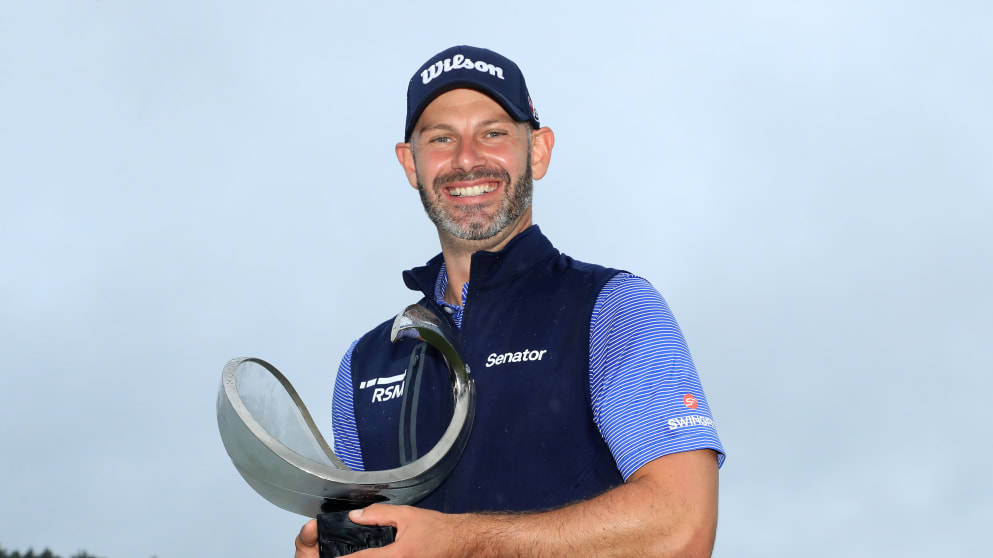
I always thought when I won, I’d be out afterwards, celebrating and spraying champagne all over the place. It’s how you picture it as a kid. The reality was very different. I was completely drained. Emotionally, physically, mentally, it was incredible exhausting. I left everything on the course but I never thought how that would leave me immediately after. It’s a good problem to have but something you can’t or don’t ever really prepare for.
That brings me back to what I said at the start. When you’re young, winning looks fun. It looks easy and the celebrations look amazing. The truth is, winning is bloody hard. Like really hard. It’s painful, stressful and tiring.
But ultimately, it’s completely worth it.
